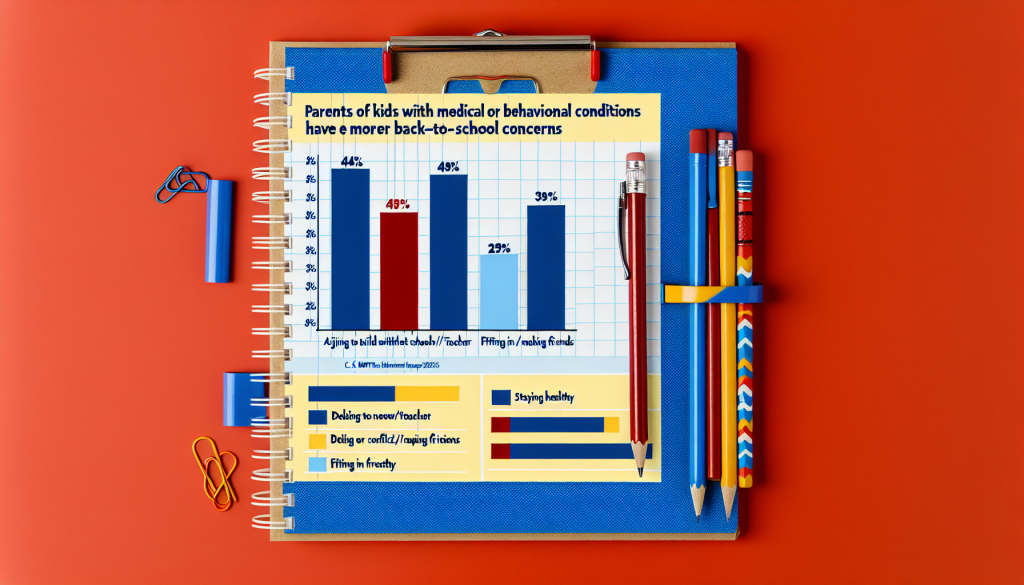A Quick Overview of Attention-Deficit Hyperactivity Disorder
Research suggests that around 8 percent of children between the ages of 2 and 17 in the United States, as well as 4 percent of adults, are diagnosed with Attention-Deficit Hyperactivity Disorder (ADHD). Boys are about two and a half times more likely than girls to receive a diagnosis. Standard treatments, including behavioral therapy and medications, have been effective in alleviating symptoms for most individuals. Stimulant medications, which are most commonly prescribed, positively impact 70 to 80 percent of children dealing with ADHD. While many children are given either medication or therapy, fewer than a third receive both. Some people also explore alternative health approaches in managing ADHD symptoms.
What the Science Says
Scientific reviews on alternative approaches for ADHD show mixed outcomes, and many methods have not demonstrated consistent benefits in symptom improvement.
Dietary Supplements
• Despite extensive study, the effectiveness of omega-3 fatty acids, such as those found in fish oil, for ADHD remains uncertain. Nearly 40 studies in recent years have assessed omega-3s' impact on ADHD symptoms.
• There's limited scientific support for supplements like carnitine and various herbs, including St. John’s wort, Pycnogenol (French maritime pine bark), and Ginkgo biloba. These have not shown consistent improvement in managing ADHD.
Neurofeedback
Neurofeedback, a strategy that encourages individuals to regulate brain wave activity, has been explored in over 20 studies in recent years as a possible ADHD treatment. However, the findings have been inconclusive, and results vary.
Other Complementary Health Approaches
• Evidence for methods like acupuncture, chiropractic care, meditation, or yoga for ADHD is limited and inconclusive.
• Homeopathic remedies have not been supported by reliable evidence as being helpful for ADHD.
Side Effects and Risks
• Some dietary supplements can cause unwanted effects or interact with prescription medications. For instance, St. John’s wort may reduce the effectiveness of several important drugs.
• It’s important to be cautious when considering complementary health practices for children. Safety details are available through trusted health resources.
• Before starting any non-conventional treatment for ADHD, it’s vital to speak with your (or your child’s) health care provider for personalized advice.
For More Information
NCCIH Clearinghouse
The NCCIH Clearinghouse offers resources on complementary and integrative health practices, including educational publications and access to scientific and medical literature. The Clearinghouse does not offer diagnoses, treatment advice, or provider referrals.
Toll-free in the U.S.: 1-888-644-6226
Telecommunications relay service (TRS): 7-1-1
Know the Science
The NCCIH and the National Institutes of Health (NIH) provide tools to help you understand the principles of scientific research. “Know the Science” includes interactive tools, quizzes, and explainer videos to help the public interpret health information effectively.
Examples include understanding how clinical research is conducted and how to read scientific literature.
PubMed®
PubMed® is a resource from the National Library of Medicine. It provides access to summaries and publication details from medical and scientific journals. NCCIH offers guidance on how to find credible information on complementary health practices within PubMed.
This document is in the public domain and can be reproduced freely.
The National Center for Complementary and Integrative Health (NCCIH) provides this information for educational purposes only and advises discussing health decisions with medical professionals. Mention of specific treatments or products does not imply endorsement by the NCCIH.

